Additional Meet-the-Expert Sessions provide opportunities to connect with renowned researchers
The Meet-the-Expert Sessions continue today at the AACR Annual Meeting 2025, featuring talks by five thought leaders in various fields of cancer research.
These unique sessions kicked off yesterday evening with presentations by experts in lung cancer, cancer immunology, genetic sequencing, and molecular epidemiology. Tonight’s sessions will highlight distinguished researchers working in immunotherapy, breast cancer, precision medicine, and lung cancer modeling.
The goal of the Meet-the-Expert Sessions is to provide dedicated time for attendees to interact with leaders from a variety of cancer research disciplines and hear more about their career journeys. Tonight’s presenters are listed below, along with a summary of each expert’s presentation topic. The sessions will take place from 5 to 5:45 p.m. CT and will be recorded and available on-demand via the virtual meeting platform through October 2025. For the most up-to-date information on session dates, times, and locations, check the Annual Meeting App and Online Itinerary Planner.
ME02: Adrian Hayday, PhD
New Targets and Gamma Delta T Cells—Extending Immunotherapy to More Cancers and More People
Tuesday, April 29, 5-5:45 p.m. CT
Room E450 B, McCormick Lakeside Center (Level 4)
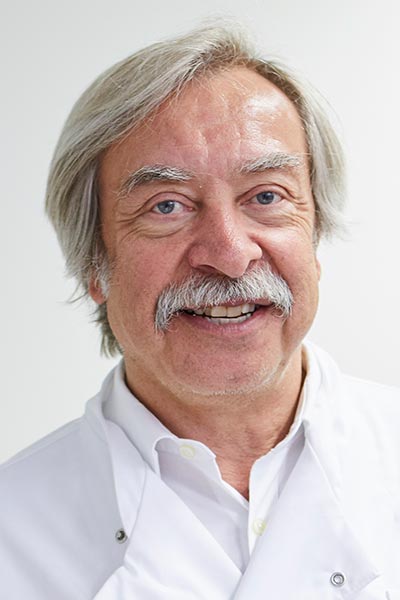
Hayday is a principal group leader at The Francis Crick Institute and a professor of immunobiology at King’s College London. During his postdoctoral training, he helped discover and characterize gamma delta T cells and has spent much of his career exploring their connection to human cancer.
In his Meet-the-Expert talk, Hayday will share some of these insights and explain how gamma delta T cells may be able to expand the current landscape of cancer immunotherapy. He will review how the unique characteristics of these cells might overcome some of the weaknesses of conventional alpha beta T-cell therapies by more easily differentiating between healthy cells and cancer cells and limiting off-target effects.
“We still face the fact that there are many cancer patients and many cancer types that have not benefited from traditional immunotherapies,” Hayday said. “But, in seeking deliverable therapeutic approaches, one should look beyond the most common perspectives, being guided instead by emerging biological understandings.”
ME05: Katerina A. Politi, PhD, and David M. Feldser, PhD
Advances in Modeling Lung Adenocarcinoma in the Mouse
Tuesday, April 29, 5-5:45 p.m. CT
Room S102, McCormick Place South (Level 1)
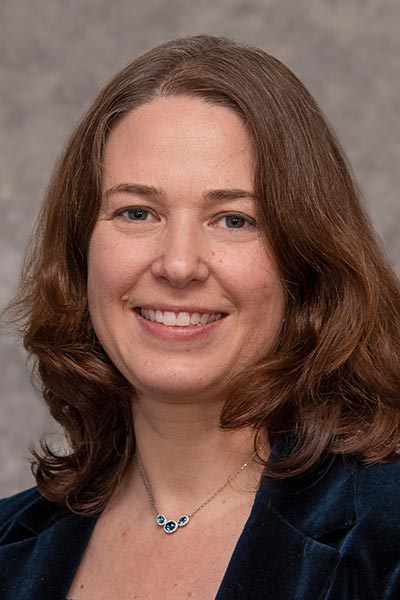
Politi is the Joseph A. and Lucille K. Madri Professor of Pathology at Yale School of Medicine and scientific director of the Center for Thoracic Cancers and coleader of Cancer Signaling Networks at Yale Cancer Center. She is also a member of the AACR Board of Directors, the AACR Lung Cancer Task Force, and the AACR Pathology in Cancer Research Working Group Steering Committee. Feldser is an associate professor of cancer biology at the Perelman School of Medicine and an investigator at the Abramson Family Cancer Research Institute, both at the University of Pennsylvania.
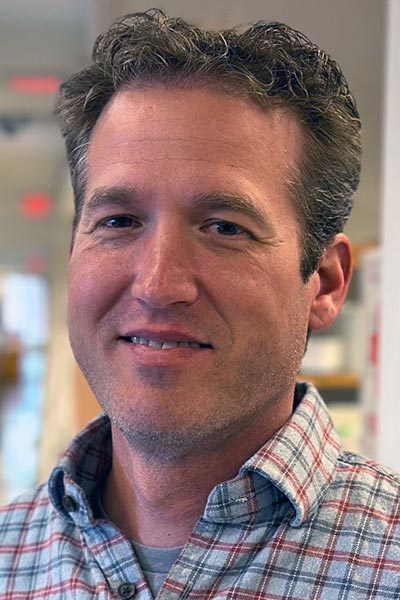
Combining Politi’s expertise in the molecular underpinnings of lung cancer and Feldser’s expertise in novel mouse models, the two will describe how genetically engineered mouse models can be used to study lung cancer development, progression, and resistance to therapies. They will explain how modulating the activity of driver genes, individually or in various combinations, can help mimic the genetic landscape of human lung tumors. Politi is particularly interested in how these new models can recapitulate the heterogeneity and plasticity of human lung cancer.
“I think one of the things that is becoming more apparent is that cancer cells can be very plastic. They can evolve and change and be modified by treatment or through tumor progression,” Politi said. “With some of these new models, we can study that a bit better and follow the paths that different cells take and how they change through treatment.”
ME06: Olufunmilayo I. Olopade, MD, FAACR
You’ve Analyzed Cancer Genomes and Identified High Risk Signatures – Now What?
Tuesday, April 29, 5-5:45 p.m. CT
Room S404, McCormick Place South (Level 4)
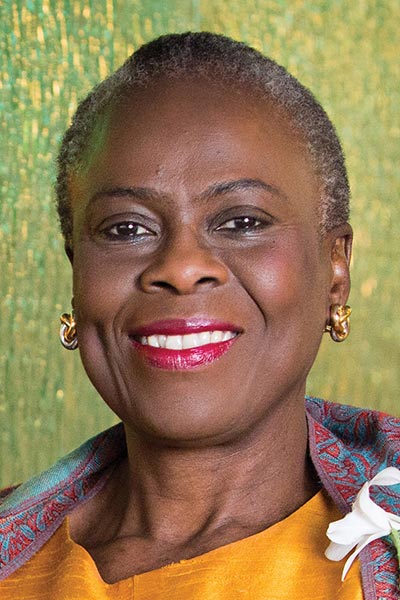
Olopade is the Walter L. Palmer Distinguished Service Professor of Medicine, a professor of human genetics, and director of the Center for Clinical Cancer Genetics and Global Health at University of Chicago Medicine. Inducted as one of the first Fellows of the AACR Academy in 2013 for her pioneering work in breast cancer risk stratification and personalized medicine, Olopade researches new strategies for risk reduction, prevention, and early detection for patients at a high risk of breast cancer.
In an attempt to study breast cancer heterogeneity across different populations, Olopade and colleagues have performed genomic sequencing on normal and tumor tissues from young women in the United States and Nigeria. In her Meet-the-Expert talk, Olopade will discuss how clonal mutations that are uniquely enriched in young patients with breast cancer can drive the early-onset form of the disease. She will also describe her group’s efforts to use innovative ’omics technologies to explore breast cancer heterogeneity and apply that understanding to breast cancer prevention and early detection.
ME09: Paul Workman, PhD, FAACR
Personalized Molecular Medicine Enabled by Multidisciplinary Approaches to Cancer Drug Discovery and Clinical Development
Tuesday, April 29, 5-5:45 p.m. CT
Room E450 A, McCormick Lakeside Center (Level 4)
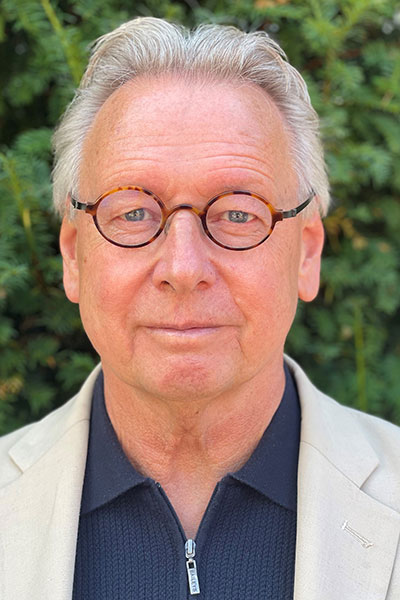
Workman is the Harrap Professor of Pharmacology and Therapeutics in the Centre for Cancer Drug Discovery at The Institute of Cancer Research in London. He was inducted as a Fellow of the AACR Academy in 2025 for his leading role in discovering small molecule inhibitors that target several different cancer drivers, including HSP90, PI3K, AKT, and EGFR.
In his Meet-the-Expert presentation, Workman will share insights about modern multidisciplinary drug discovery principles and technologies, including the Pharmacological Audit Trail framework he and his colleagues developed, which guides investigators through critical drug development decisions linked to optimizing the dose for tumor response and tolerability. He will also describe his recent work focusing on drugging transcription factors in the heat shock factor 1 and integrated stress response pathways, illustrating the application of phenotypic screening, chemical probes, and target deconvolution technologies, and his work tackling brachyury as a model for structure- and fragment-based drug design.
“I hope that attendees will gain an understanding of the great progress made in realizing the benefits of precision medicine for many cancer patients, in terms of increased responsiveness and tolerability, while at the same time also appreciating the currently limited reach,” Workman said. “I also hope that attendees will gain an appreciation of the power of the integrated multidisciplinary application of new technologies and chemical biology in overcoming the current challenges, especially in increasing the number of cancer targets that can be drugged and patients treated.”
More from the AACR Annual Meeting 2025
View a photo gallery of scenes from Chicago, continue the conversation on social media using the hashtag #AACR25, and read more coverage in AACR Annual Meeting News.

